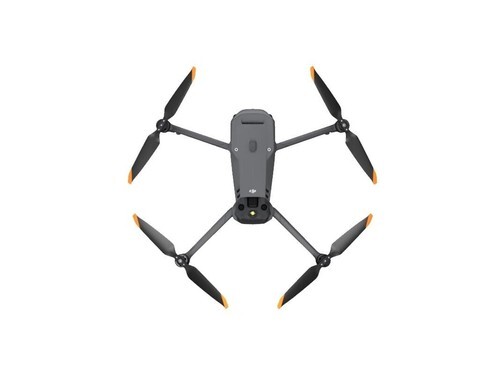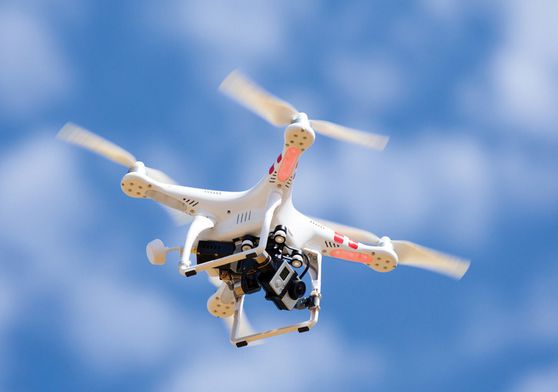Embarking on a journey to master drone operation involves more than just understanding the basics; it’s about immersing oneself in comprehensive drone pilot training courses that provide the skills and knowledge needed to excel in the rapidly growing field of unmanned aerial vehicles (UAVs). As technology advances, drones are increasingly used across various sectors, ranging from agriculture, real estate, and filmmaking to emergency response and environmental conservation. Hence, acquiring proficiency through structured training programs is essential.
Why Choose Structured Drone Pilot Training?
Structured training provides a solid foundation and ensures that you not only understand flying techniques but also comprehend the regulations and ethics surrounding drone operations. This is vital, especially in contexts where drones play a pivotal role in data collection, security, and commerce. Investing in a professionally designed course allows aspiring pilots to receive guidance tailored to their unique needs and objectives.

Comprehensive Learning Modules
- Flight Principles: Understanding physics, aerodynamics, and weather implications.
- Regulatory Knowledge: Navigating the laws and permits required for flying.
- Technical Proficiency: Familiarization with different drone models and maintenance practices.
- Safety Protocols: Mastering emergency procedures and minimizing flight risks.
Advancements in Drone Technology
The world of drones is continually evolving, with manufacturers introducing models equipped with advanced features, such as enhanced GPS, autonomous flight modes, and high-resolution cameras. Keeping up with these advancements is crucial for drone pilots aiming for a competitive edge. A well-structured training program often covers these updates, ensuring pilots remain at the forefront of technological innovations.
“Effective training is the bridge between beginner’s curiosity and expert-level proficiency.”
A Career Path with Numerous Opportunities
Drone pilot training not only prepares individuals for flying but opens doors to a myriad of professional opportunities. Those equipped with certification and expertise find themselves in demand for roles such as aerial photographers, surveyors, and inspection specialists. Additionally, commercial drone operations offer a rewarding career path with potential for growth and entrepreneurship.

Consider leveraging the skills acquired from training to specialize in areas like search and rescue missions or wildlife monitoring, where the impact of UAVs can be profound and life-changing.
FAQs About Drone Pilot Training
How long does it take to complete a drone pilot training course?
Courses vary in duration; however, most comprehensive programs range from weeks to a few months, depending on the intensity and specialization.
Do I need prior experience to enroll in a training course?
No previous experience is necessary; many courses cater to beginners, offering foundational classes before advancing to complex concepts.
What certifications will I receive after completing the training?
Upon completion, candidates typically receive FAA-approved certification, which validates their skills and adherence to industry-standard practices.